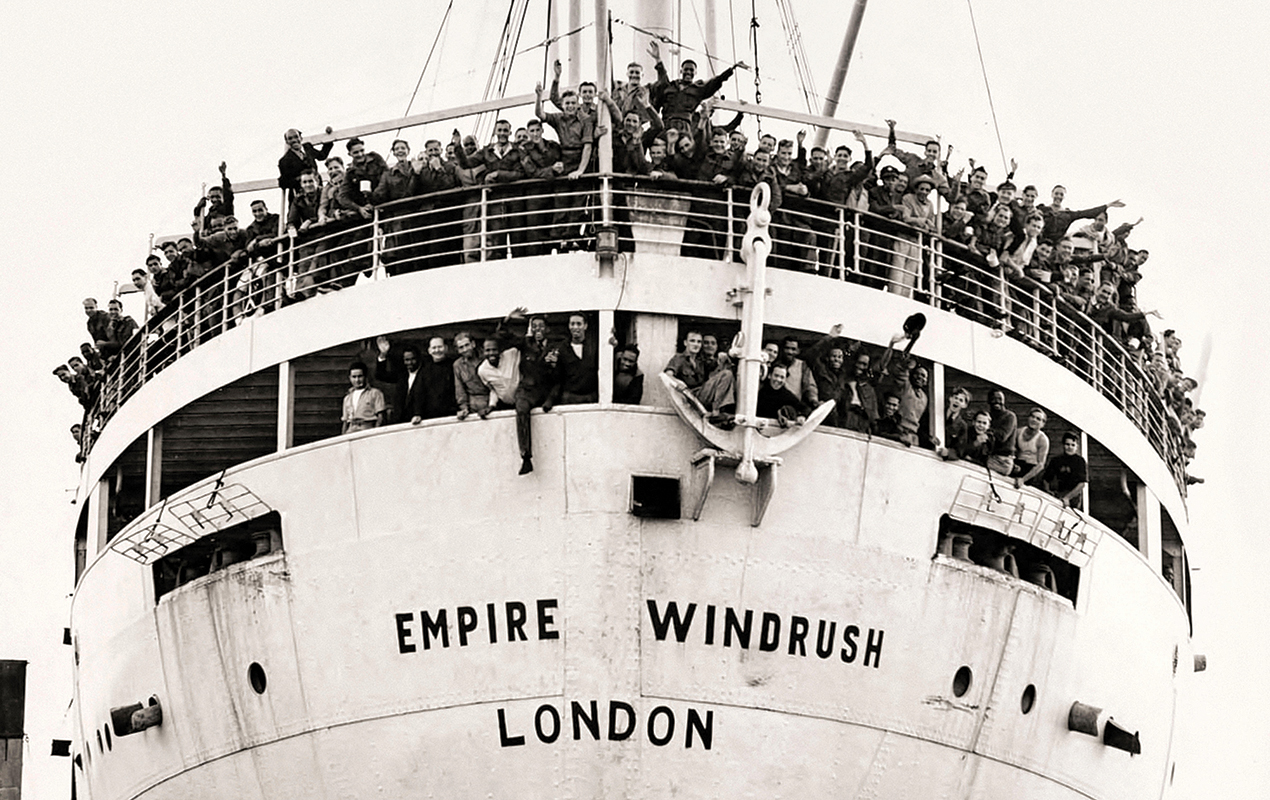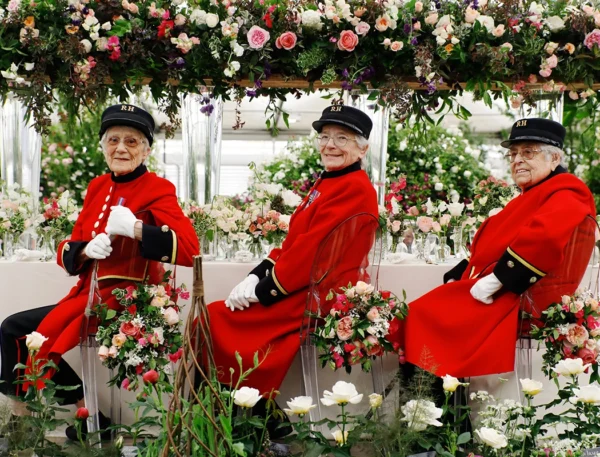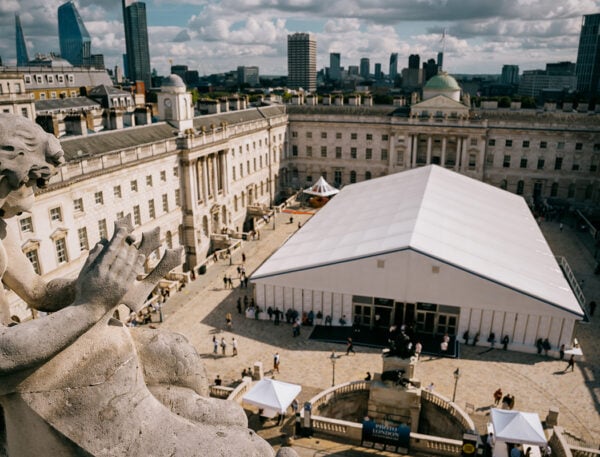It’s the 75th anniversary of the HMT Empire Windrush arriving in Britain on 22 June 1948. To mark the occasion Lisa Anderson, managing director of Black Cultural Archives, writes why this milestone in our history sparks a conversation about the past, present and future of modern Britain, and why we should be making this a year of national celebrations across the UK.
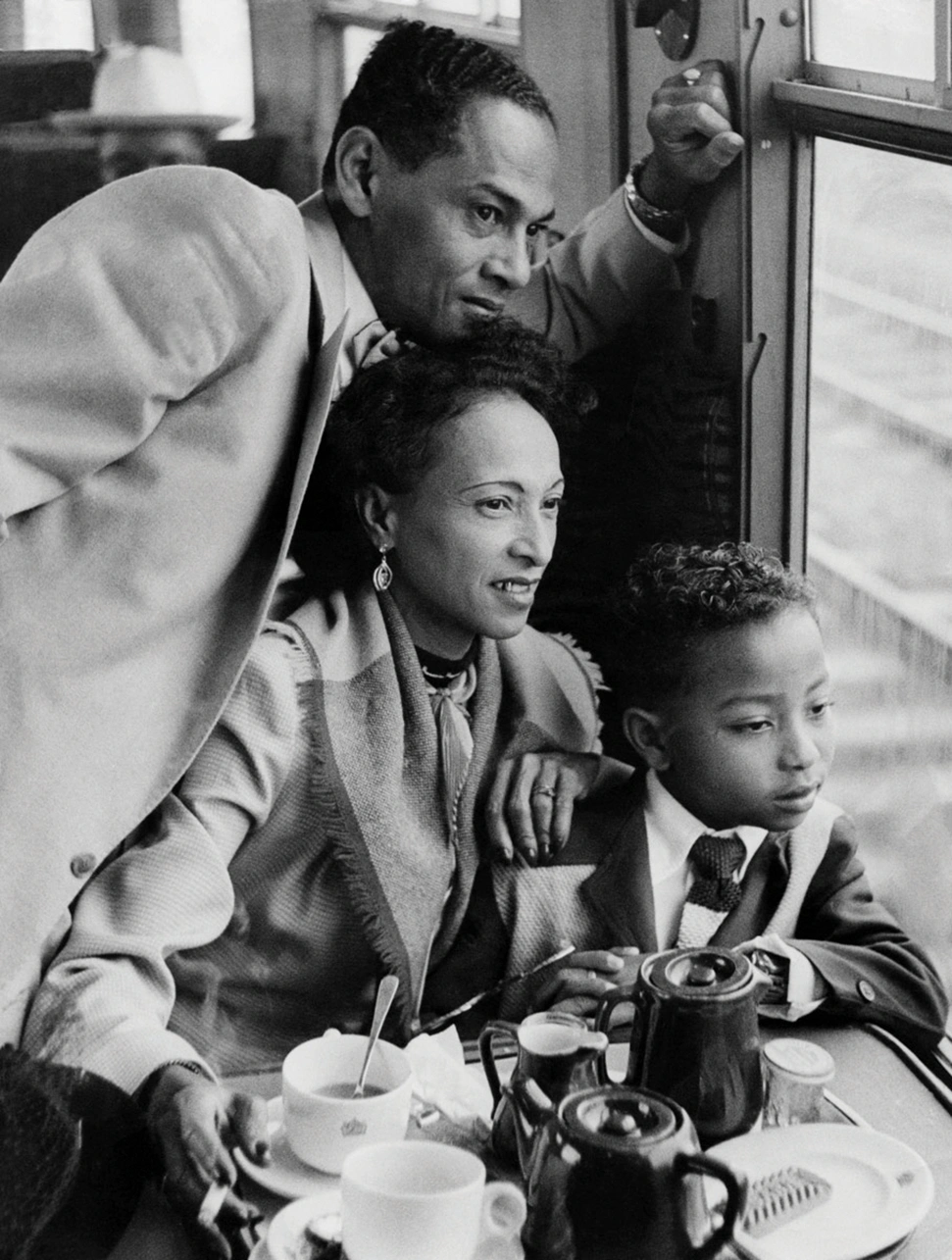 Pin
Pin On the cusp of Spring 1948, HMT (His Majesty’s Transport) Empire Windrush – a former German naval warship, turned British troopship – was on its way home from Australia via the Atlantic, docking in Kingston Jamaica to pick up British servicemen on leave. With more space on board than expected and, presumably, a desire to maximise earnings, the ship’s management placed an impromptu advert in The Daily Gleaner (a Jamaican newspaper) offering relatively cheap passage to anybody who wanted to travel to the United Kingdom.
Demand soon outstripped supply and by the time of its arrival at Tilbury Docks in Essex on 22 June, 802 colonial citizens from across the Caribbean were ready to disembark into a new life, with 492 intending to exercise their rights as British subjects to work and live in the UK.
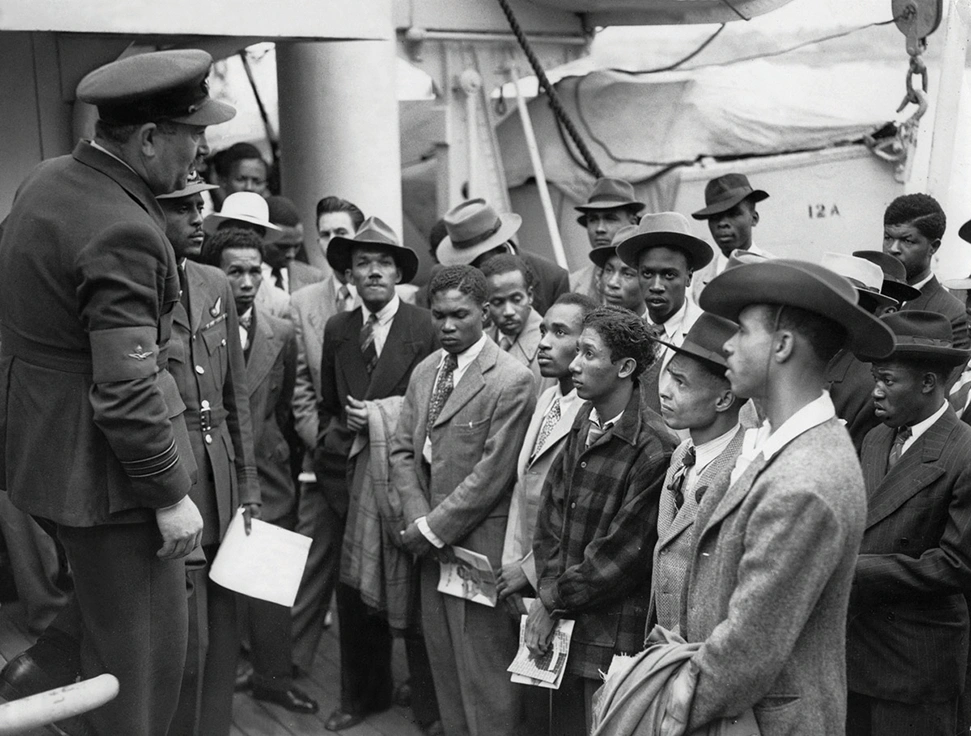 Pin
Pin A pivotal piece of legislation, cementing this right was being argued in parliament during their journey. The British Nationality Act 1948, giving the status of citizenship of the United Kingdom and Colonies to all British subjects connected with the United Kingdom or a British colony, came into law later that year.
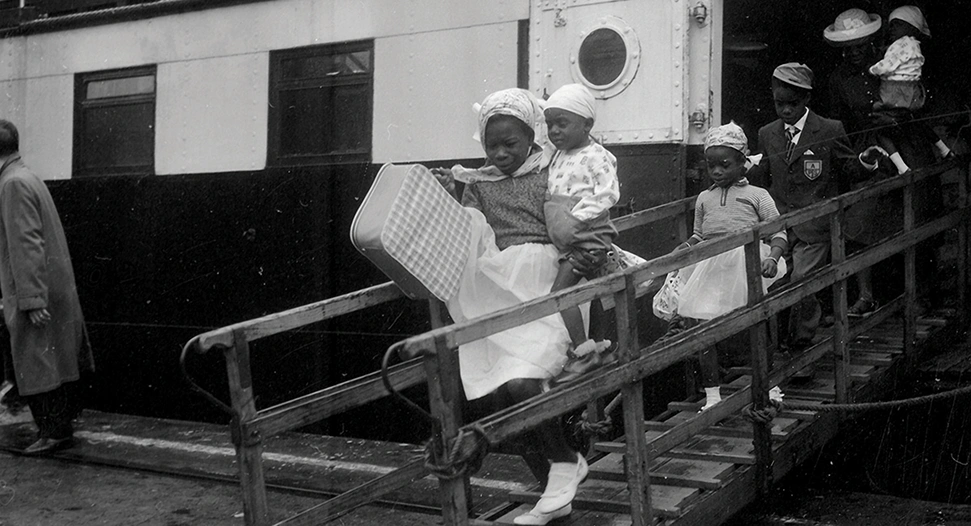 Pin
Pin Their decision to leave everything they knew of home was inextricably linked to the legacy of Britain’s colonial exploits in the Caribbean and the devastating economic aftermath of the Second World War at home. The ‘motherland’ desperately needed workers and this knowledge was widely known. Most who travelled assumed they would be welcomed into the imperial family fold to support the post-war rebuilding effort.
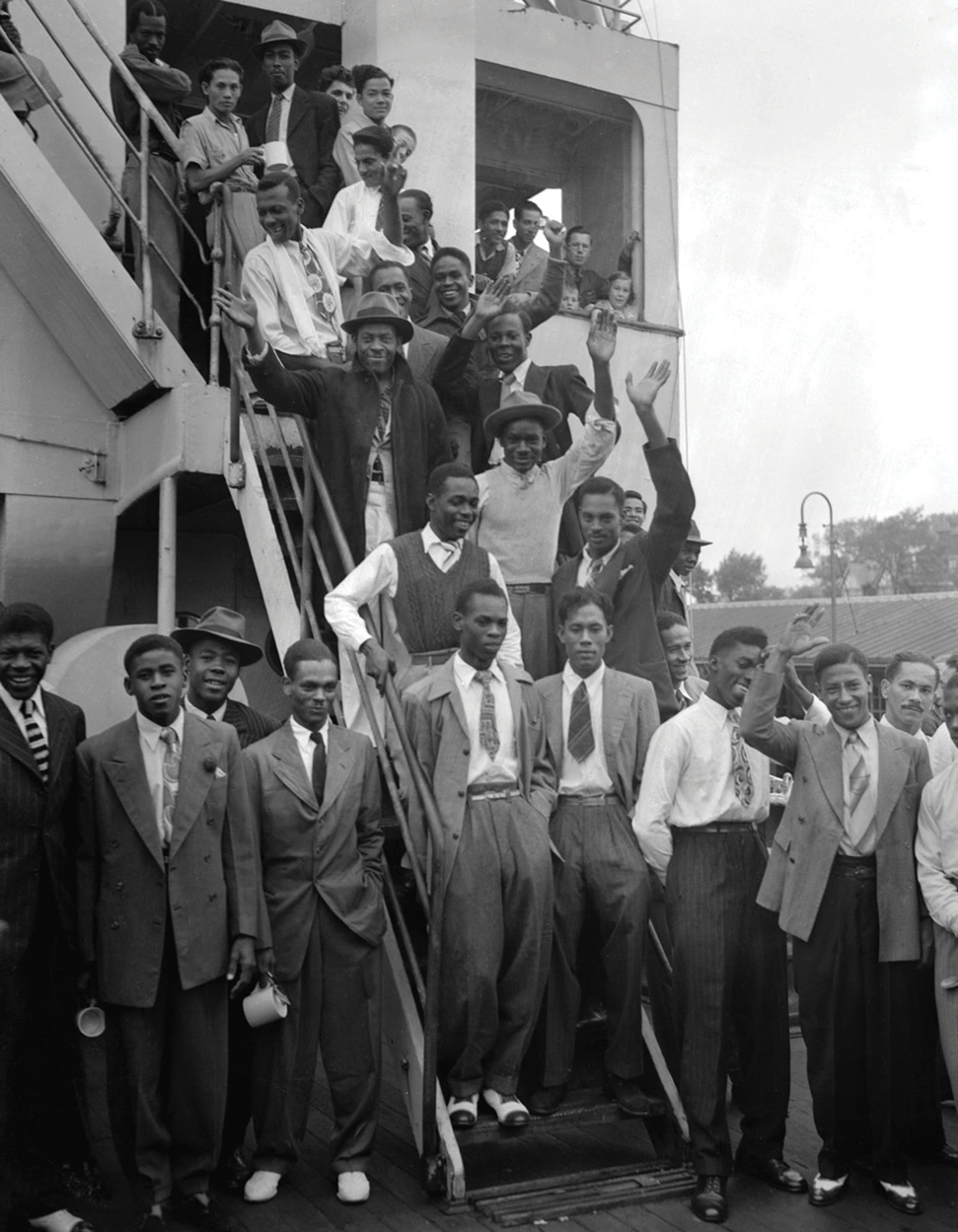 Pin
Pin However, despite these noble intentions, the arrival of so many Black migrants was unexpected and largely unwanted. George Isaacs, the minister of Labour, stated that there would be no encouragement for others to follow. Yet, others did follow. And although many only intended to stay for a few years, the majority would go on to settle permanently.
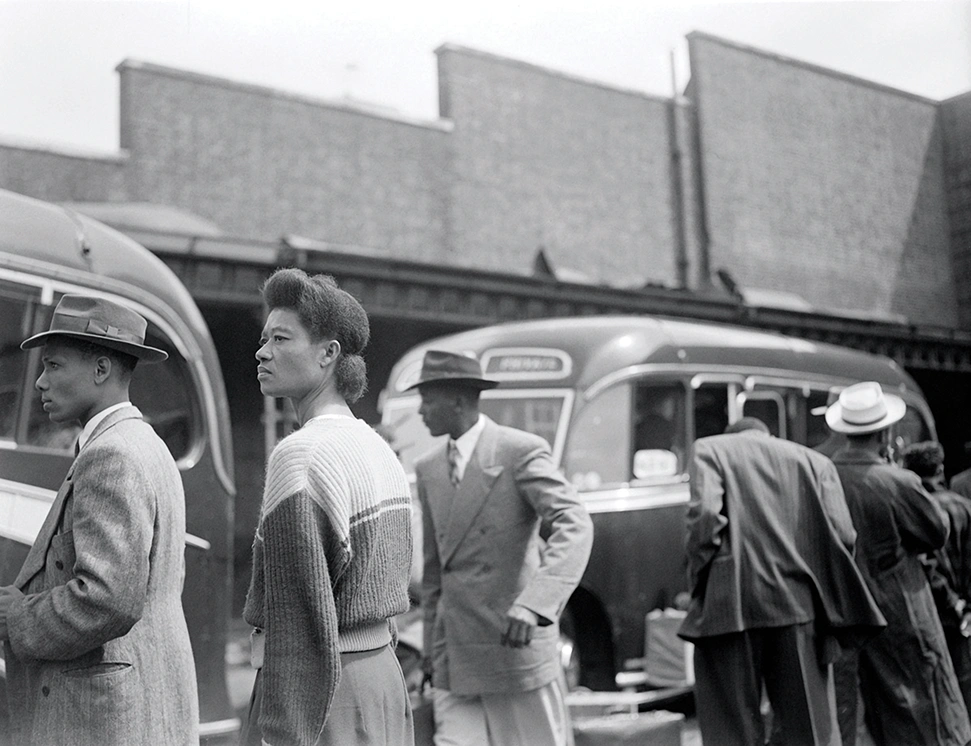 Pin
Pin Between 1948 and 1952, between 1,000 and 2,000 people entered Britain each year. By 1961, according to the national population census, the number of people living in England and Wales who were born in the Caribbean was just over 161,000: 90,000 men and just over 71,000 women. Those who migrated during this time would come to be known as the Windrush generation, and it would come to be recognised as the most significant population change to contribute to the creation of multicultural post-war Britain.
This contribution has touched every part of British Society over the past 75 years. Be it manufacturing and construction or the development of services like public transport, the National Health Service and the Royal Mail – it’s impossible to think of how Britain would have recovered from the war without their work. Sadly, their service was widely marred by every-day racism in various aspects of life, whether through the schooling system, where many young Black children were labelled educationally sub-normal throughout the 60s and 70s, or experiences of policing, such as in the disproportionate use of SUS-laws to target and often abuse young black men.
Despite these challenges, many of which remain in different forms today, the descendants of this generation have also gone on to help define Black British culture and the expansion of the British identity as a possibility. Examples such as Sir Lenny Henry, the artist Steve McQueen or the MP David Lammy all owe their success to the pioneering spirit of the Windrush generation.
And in the areas where these populations settled such as Notting Hill, where Europe’s largest street carnival began, or Brixton in Lambeth, which is home to the highest number of Jamaican descendants, the influence on the markers of society – food, language, music, style and civil society at large – was undeniable.
So it made sense that, in 1998, an area of public open space in Brixton was renamed Windrush Square, to finally commemorate the 50th anniversary of the arrival of Empire Windrush’s Caribbean passengers. And 16 years later, the oldest and only national heritage centre dedicated to collecting, preserving and celebrating the history of African and Caribbean people, Black Cultural Archives, would open its doors with a new headquarters at number 1 Windrush Square.
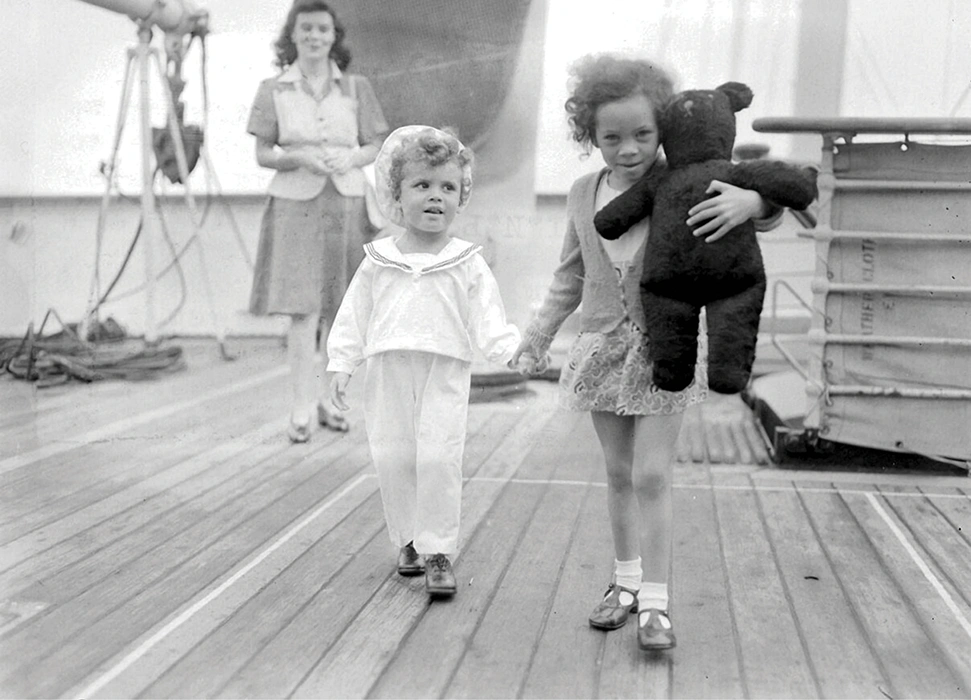 Pin
Pin When news of the Windrush Scandal broke in 2018, which saw thousands from this generation have their entitlement to live in the UK denied after years of dedicated contribution, it was at Black Cultural Archives that a pivotal community meeting was held, which resulted in the pioneering provision of free legal surgeries for people affected by the scandal.
As we approach the anniversary of Windrush’s arrival, the Scandal sadly continues to rumble on. So whilst we celebrate the incredible impact the Windrush generation have had on society, we must also continue to fight for justice, lest their contributions to the fabric of Britain as one of the most successfully tolerant, ethnically diverse societies have been in vain.
blackculturalarchives.org; windrush75.org





